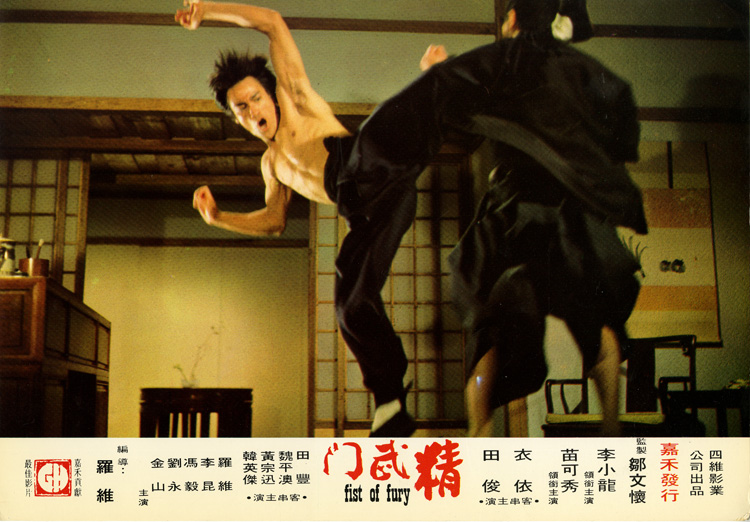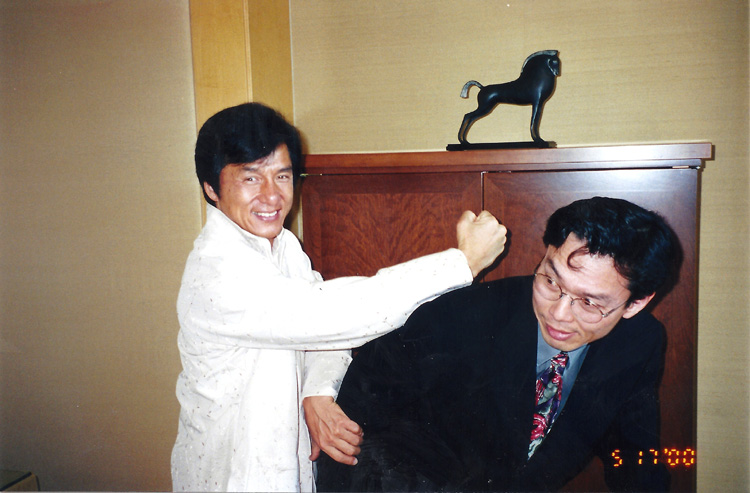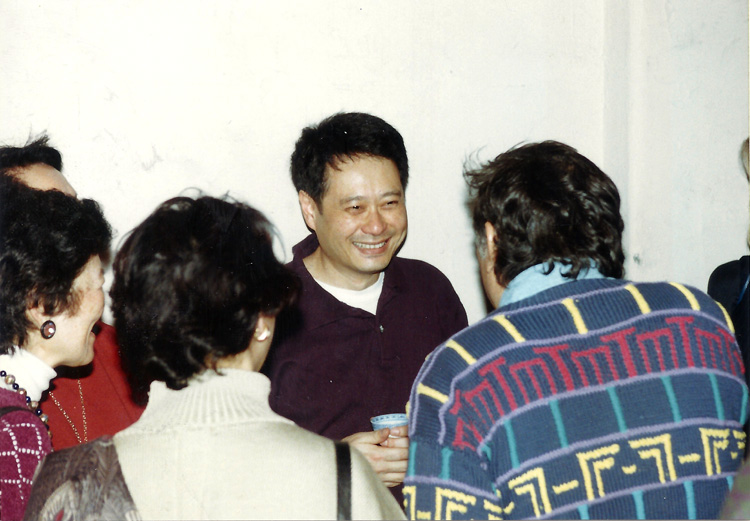Martial artist Bruce Lee was the first Chinese American male to break through racial barriers and become a pop culture hero during the civil rights movement. He was born in San Francisco’s Chinatown in 1940 to Cantonese opera star Lee Hoi-chuen. He grew up in Hong Kong watching and acting films. When he was sixteen, he began seriously training in kung fu with famed master Yip Man.
Two years later, he returned to the U.S. to attend university in Seattle and began teaching his own style of kung fu. After being scouted at a martial arts exhibition in 1964, Lee began acting again in Hollywood films. But it wasn’t until he moved back to Hong Kong, disappointed by the supporting roles and pushback against his ideas he was receiving in Hollywood that he catapulted into stardom. After three successful films, in 1973, he appeared as the lead in Enter the Dragon, the first film produced jointly by a Chinese and American studio. Tragically, Lee died under mysterious circumstances only six days before its release. But Enter the Dragon cemented his status as a martial arts legend, his pop culture persona countered prevailing stereotypes of the emasculated Asian male, and his films both popularized and radically changed martial arts and martial arts films in the U.S., Hong Kong, and beyond.


